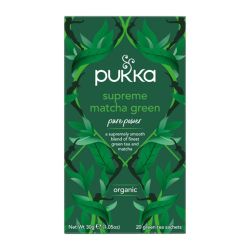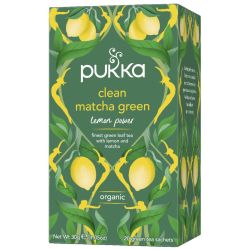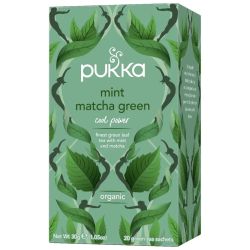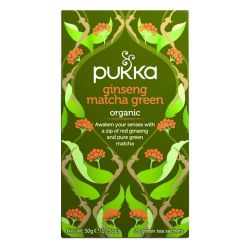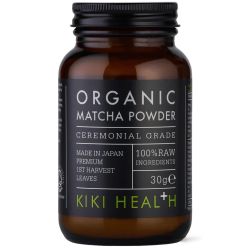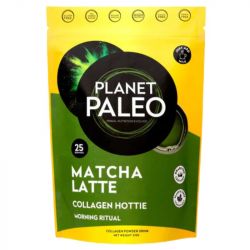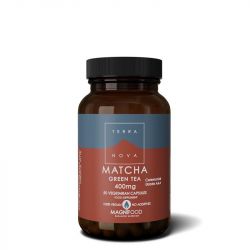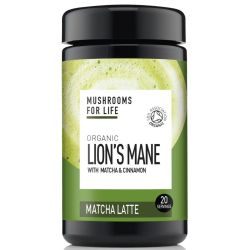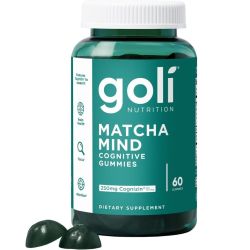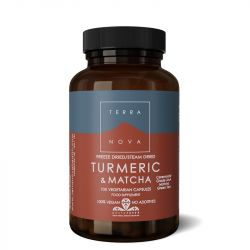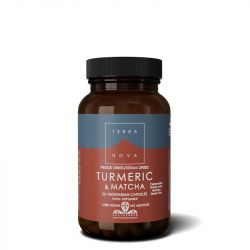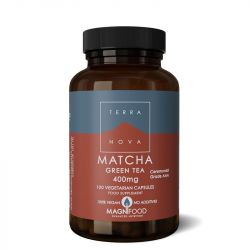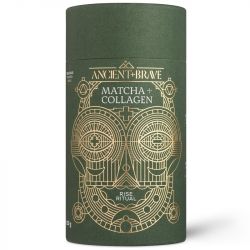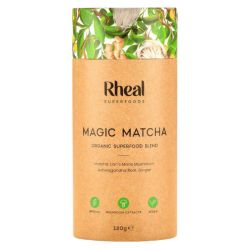Matcha Powder, Teas, and Supplements
Matcha is a vibrant green tea powder made from finely ground, shade-grown leaves. Unlike regular green tea, you consume the whole leaf, delivering a concentrated source of antioxidants like EGCG. It also contains L-theanine, which works with natural caffeine to promote calm focus and sustained energy without jitters. Popular in matcha lattes, powders, and supplements, matcha supports mental clarity and daily wellness in a clean, plant-based form.
- Terranova Turmeric & Matcha Green Tea Vegicaps 100Special Price £30.82 Regular Price £38.53Out of stock
- Terranova Turmeric & Matcha Green Tea Vegicaps 50Special Price £16.89 Regular Price £21.11Out of stock
- Terranova Matcha Green Tea 400mg Vegicaps 100Special Price £23.48 Regular Price £29.34Out of stock
- Ancient + Brave Matcha + Collagen Powder 150gSpecial Price £27.20 Regular Price £34.00Out of stock
Matcha Powder, Teas, and Supplements
Is Matcha good for you?
Yes, matcha can be a beneficial addition to a balanced diet. It’s rich in antioxidants—especially EGCG—which help protect cells from damage. Matcha also contains L-theanine, an amino acid that promotes calm focus, and a mild dose of caffeine for steady energy without the jitters. When consumed in moderation, matcha may support mental clarity, metabolism, and overall wellness.
What is the difference between Maca and Matcha?
Maca is a Peruvian root used to support energy and hormone balance over time, while matcha is a Japanese green tea powder that provides antioxidants and a calm, focused energy boost. Matcha works quickly due to caffeine and L-theanine; maca builds gradually with daily use.
Does matcha cause infertility?
There’s no evidence that matcha causes infertility. In moderate amounts, matcha is generally considered safe for most people. It contains caffeine and antioxidants like EGCG, which are widely studied, but not linked to fertility problems. Read in more detail here
Can matcha help with weight management?
Matcha may support weight management by boosting metabolism and fat oxidation thanks to its caffeine and catechin content. However, it's not a quick fix and works best alongside a healthy diet and regular exercise.
Is matcha suitable for individuals sensitive to caffeine?
Matcha contains caffeine, though typically less than coffee. The presence of L-theanine in matcha can moderate the effects of caffeine, promoting a more relaxed alertness. However, individuals sensitive to caffeine should monitor their intake and consult with a healthcare professional if they have concerns.

